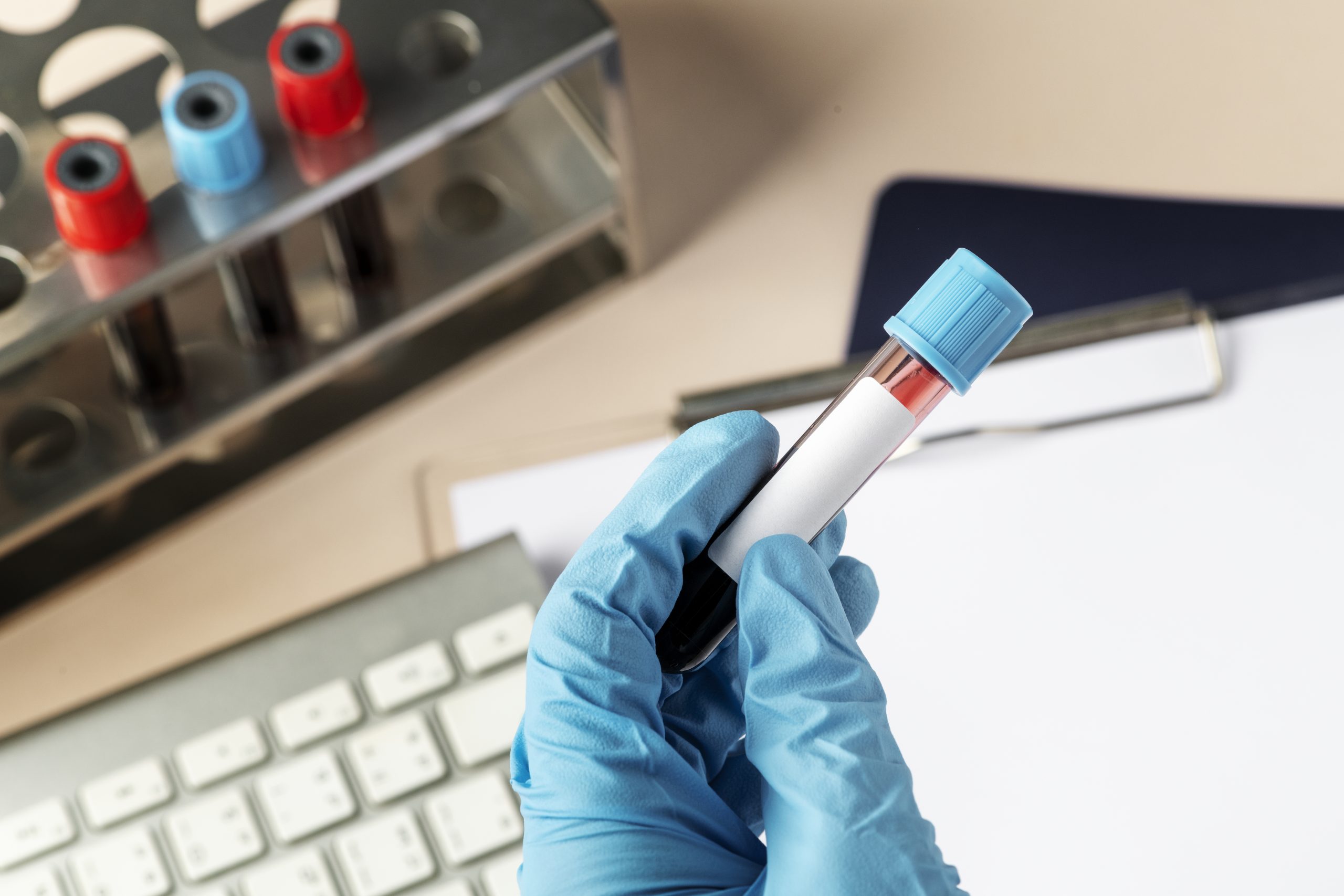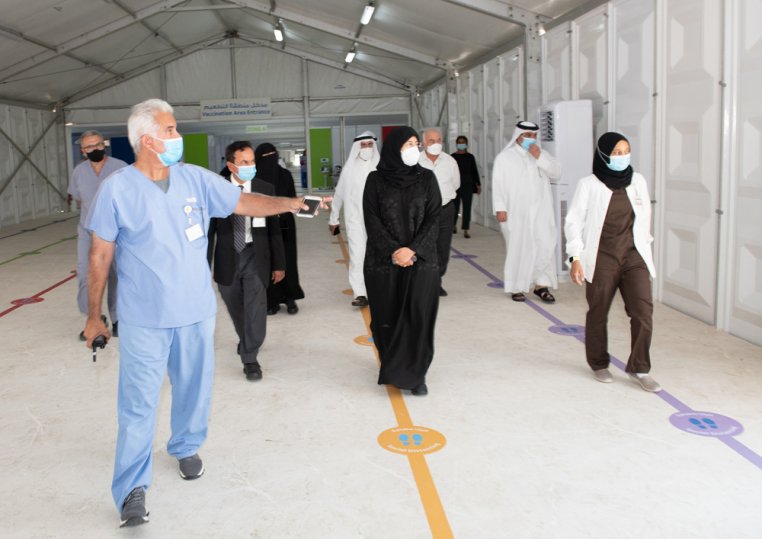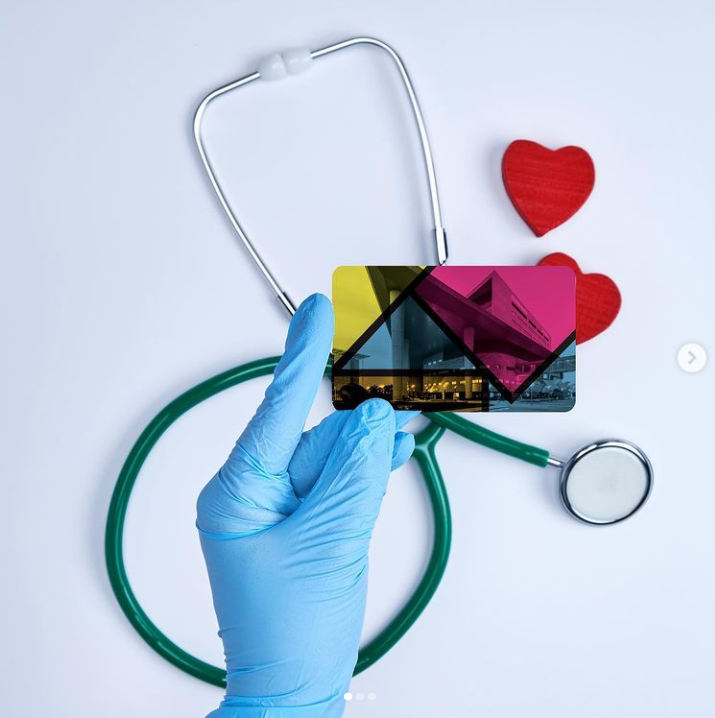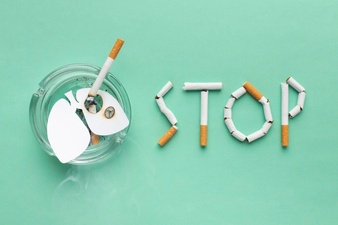
Prevention is always better than an ounce of cure. Arm yourself with the right information and follow through with best practices to maintain good hygiene. Read through these frequently asked questions (FAQs) about the Coronavirus and share it with your family and friends.
As of August 18, 2020:

Q. How is coronavirus disease (COVID-19) transmitted?
A. COVID-19 is a respiratory virus that spreads primarily through contact with an infected person through respiratory droplets generated when a person, for example, coughs or sneezes, or through droplets of saliva or discharge from the nose. It is important that everyone practices good respiratory hygiene. For example, sneeze or cough into a flexed elbow, or use a tissue and discard it immediately into a closed bin. It is also very important for people to wash their hands regularly with either alcohol-based hand rub or soap and water.
Q. How can I get more information on coronavirus disease (COVID-19)?
A.
• Visit the Ministry of Public Health website www.moph.gov.qa for more information on COVID-19.
• Follow the social media accounts of the Ministry of Public Health, Hamad Medical Corporation and Primary Health Care Corporation where any new updates will be posted.
• Call the national COVID-19 hotline on 16000 for all enquiries. The hotline is available 24 hours a day, 7 days a week.
Q. Should I call 999 for information or medical assistance for coronavirus disease (COVID-19)?
A. No. The 999 number is for medical emergencies requiring immediate medical attention and transfer to an emergency department. The Ambulance Service’s Medical Dispatchers receive hundreds of 999 calls each day from members of the public with urgent medical conditions and the 999 number must be prioritized for these life-threatening situations. For all questions and enquiries related to COVID-19, members of the public should call the Ministry of Public Health’s dedicated hotline on 16000.
Q. What are the signs and symptoms of coronavirus disease (COVID-19)?
A. Common signs of COVID-19 include fever, cough, shortness of breath or difficulty breathing. As the virus becomes more severe, the infection can cause pneumonia, severe acute respiratory syndrome, kidney failure, and even death. If you experience these symptoms AND you have traveled to China in the last 14 days you should go to your nearest healthcare facility immediately or call the national COVID-19 hotline on 16000 for further assistance.
Q. What if I experience COVID-19 signs and symptoms but have not been to China or other affected countries?
A. Common signs of COVID-19 include fever, cough, shortness of breath or difficulty breathing. These are also symptoms of other respiratory conditions including the flu or common cold. However, unless you experience these symptoms AND you have traveled to China in the last 14 days OR had contact with a COVID-19 confirmed case, there is almost no risk of you having COVID-19.
Q. What steps have Qatar taken to date to protect the population from coronavirus disease (COVID-19)?
A.
• Robust thermal screening procedures at Hamad International Airport and seaports for passengers entering Doha from all countries. The screening helps to identify passengers with fever, one of the common symptoms of COVID-19
• A special clinic at Hamad International Airport to conduct interviews and examinations of all suspected travelers at the airport.
• The Ministry of Public Health has established residential accommodation for those people who meet the quarantine standards.
• Additional training for healthcare workers and the strengthening of infection prevention and control and laboratory procedures have all been prioritized.
• A community awareness campaign has been delivered featuring a dedicated national website, TV and radio interviews with medical experts, regular social media messaging, and newspaper coverage. These activities have included Arabic, English, Hindi, Malayalam, French and Chinese languages.
• Health Protection and Communicable Disease Control teams have been engaged in regular active surveillance visits to hospitals and Intensive Care Units to ensure that no suspected cases of respiratory infections are missed in accordance with the WHO.
Q. What should I do to protect myself from coronavirus disease (COVID-19)?
A. Although there are no specific measures that the public should take at this time, people are reminded of the need to follow standard infection prevention and control measures. This includes regular hand hygiene and covering the mouth and nose when coughing and sneezing, especially as other respiratory viruses are common during winter. People should also avoid close contact with anyone showing symptoms of respiratory illness such as coughing and sneezing.
Q. How does coronavirus disease (COVID-19) compare the flu or common cold?
A. People with COVID-19, the flu, or a cold typically develop similar respiratory symptoms such as fever, cough and runny nose. Even though many symptoms are alike, they are caused by different viruses. Because of their similarities, it can be difficult to identify the disease based on symptoms alone. That’s why laboratory tests are required to confirm if someone has COVID-19. Unless the person experiencing these symptoms has traveled to China in the 14 days, there is almost no risk of them having COVID-19.
Q. Should I wear a mask in public to protect myself from coronavirus disease (COVID-19)?
A. Wearing a medical mask can help limit the spread of some respiratory diseases. However, the Ministry of Public Health does not currently advise people to wear a mask to reduce their risk of COVID-19. A facemask should only be worn if a healthcare professional recommends it. A facemask should be used by people who have been exposed to COVID-19 and are showing symptoms of the virus. This is to protect others from the risk of getting infected.
Q. What treatment is given to patients with coronavirus disease (COVID-19)?
A. There is no specific antiviral treatment available for patients with COVID-19. People infected with the virus receive supportive medical care to relieve their symptoms.
Q. How prepared is Qatar’s health sector to deal with a potential outbreak of COVID-19?
A. Qatar’s healthcare sector is strongly prepared to manage a potential outbreak of COVID-19 in the country. HMC’s Ambulance Service staff have been fully trained to safely transfer and manage patients with this type of communicable virus while preventing further spread. The Ambulance Service has the necessary vehicles and protective equipment to manage patients with COVID-19.
Any patient with suspected COV-ID-19 is taken to HMC’s Communicable Disease Center for treatment and monitoring while the test is carried out.
The Communicable Disease Center is purpose-built to manage patients with this type of condition and ensure that the virus is not spread to other people within the hospital or outside.
Healthcare workers across the country have been specifically trained to manage any potential outbreak and efforts to strengthen infection prevention and control, case management and laboratory procedures have been prioritized.
Additional Personal Protective Equipment (PPE) has been planned as a contingency.
Q. What is coronavirus disease (COVID-19)?
A.COVID-19 is a new strain of coronavirus that was first identified in Wuhan, Hebei Province, China. The majority of cases have been reported in China, with a cluster of cases also reported in other countries. According to the updated clinical and epidemiological features of the emerging virus, COVID-19 is likely to have originated in animals, and the transmission from person to person has been reported. People with COVID-19 experience course of illness that generally range from mild to moderate symptoms. Severe symptoms and complications, or even death, may occur in people who suffer chronic diseases and lowered immunity.
For more information on novel coronavirus (COVID-19), visit www.moph.gov.qa or call 16000.
More on Healthcare






Leave A Comment
You must be logged in to post a comment.